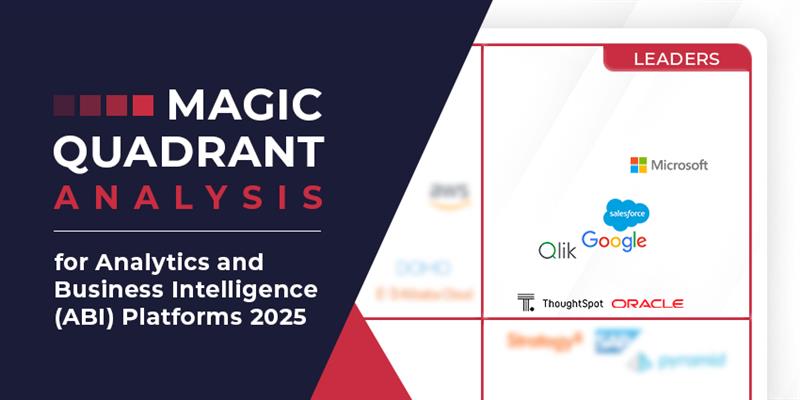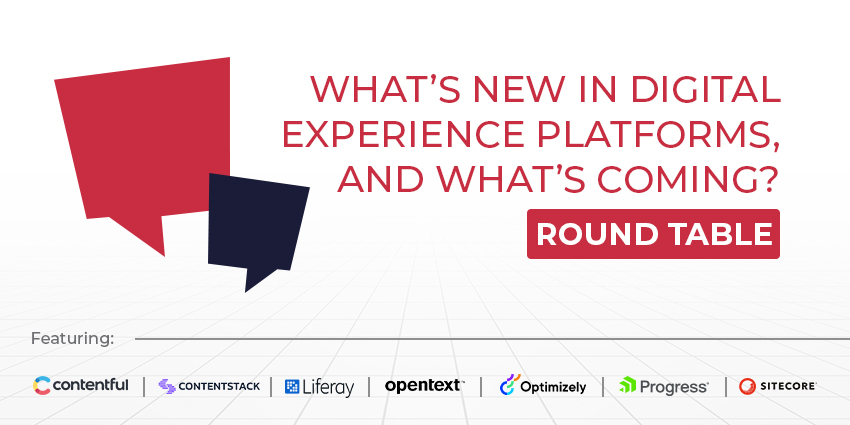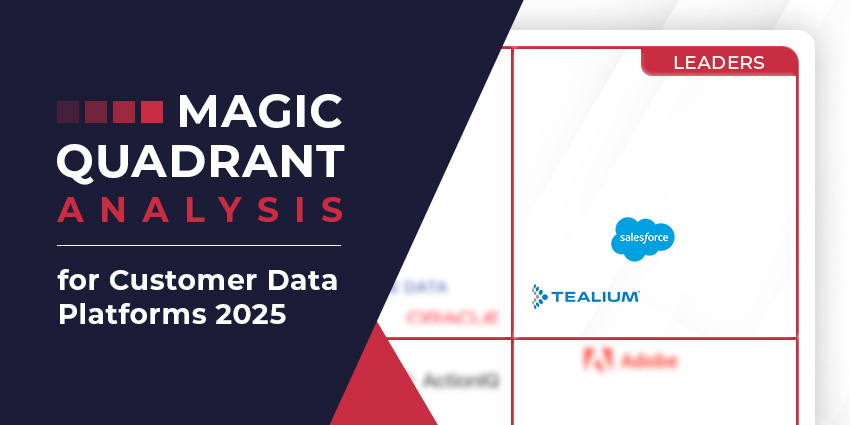In a survey consisting of 2,500 executive leaders, Gartner uncovered that 45 percent of business execs marked the current hype-cycle of ChatGPT as a significant factor behind their own enterprise adoption of AI.
Gartner surveyed 2,544 leaders in a webinar series in March and April 2023. Its subsequent report dissected how ChatGPT and AI’s presence affects enterprise operations and goals.
Frances Karamouzis, a VP Analyst at Gartner, added:
The generative AI frenzy shows no signs of abating. Organizations are scrambling to determine how much cash to pour into generative AI solutions, which products are worth the investment, when to get started and how to mitigate the risks that come with this emerging technology.
Gartner: 45 Percent of Executives are Looking into Enterprise-AI
Alongside its findings that 45 percent of questioned leaders are looking into AI due to current publicity. The report also highlighted how 70 percent of organizations are currently in the “exploration” stages of generative AI research and implementation – moreover, 19 percent are in later pilot or production stages.
Additionally, Gartner found that 68 percent of executives believe investment into enterprise-grade generative AI dramatically outweighs the risk. On the other hand, only 5 percent thought the risks outweighed the benefits.
According to those surveyed, the benefits of enterprise-grade generative AI include customer experience/retention, revenue growth, cost optimization, and business continuity.
Karamouzis noted that autonomous businesses are “the next macrophase of technological change.” The VP Analyst also explained how AI can “mitigate the impact of inflation, talent shortages, and even economic downturns.”
Karamouzis also said:
CEOs and CIOs that leverage generative AI to drive transformation through new products and business models will find massive opportunities for revenue growth.
Although, AI implementation still introduces new challenges for end-users. Organizations may encounter many security, privacy, and ethical considerations when implementing emerging technology.
Karamouzis noted that while initial enthusiasm can influence enterprise technology adoption, a firm should give a “rigorous analysis of risks and implementation challenges.”
Gartner: Employees 12 Percent More Likely to Leave Businesses without Hybrid Considerations
In April, Gartner released a survey analyzing the rise of hybrid and remote working considerations.
The survey said employees are 12 percent more likely to leave a business without clear hybrid working considerations. Moreover, Gartner’s research claims hybrid workforces that share work preferences undergo an 8 percent higher engagement, a 7 percent higher sense of inclusion, and a five percent higher performance rate.
However, despite the benefits, Gartner says that less than half of organizations implement such practices. Meanwhile, research says that 55 percent of organizations offer remote days, and only 22 percent include “meeting-free days.”
Gartner’s research could indicate that many businesses are not adopting emerging hybrid and remote workplaces, missing out on high-value workplace performance outcomes. Equally, Gartner’s more recent research could show that enterprises must also consider evolving technologies surrounding a remote/hybrid workforce.







